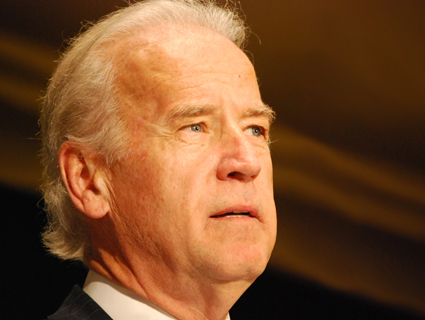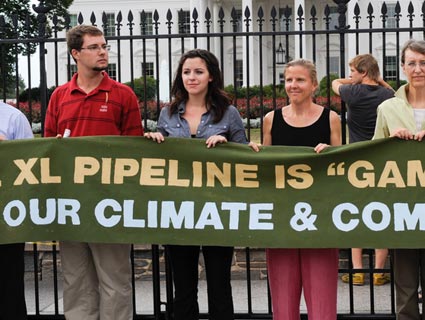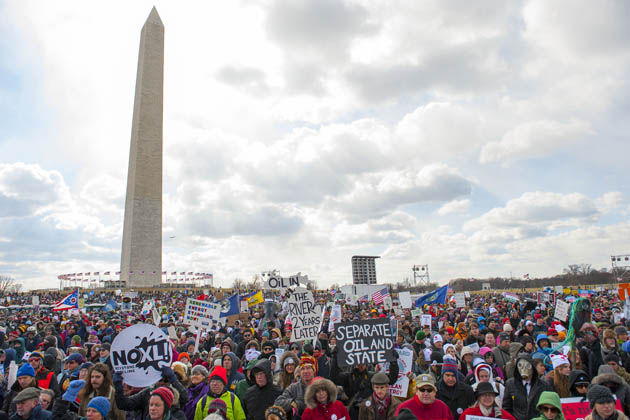
Enbridge's proposed Northern Gateway Pipeline, which was rejected on Friday. <a href="http://www.northerngateway.ca/">Enbridge</a>
While we’ve been having a big fight over the proposed Keystone XL pipeline down here in the US, Canada has also been debating a massive pipeline for exporting tar sands oil, the Northern Gateway. And on Friday, the government of British Columbia put the kibosh on that whole idea.
BC’s environment minister said Friday that Enbridge, the company seeking to build the pipeline, had not adequately answered the government’s questions about the project, and that there were still outstanding concerns about spill prevention and response. The CBC reports:
“British Columbia thoroughly reviewed all of the evidence and submissions made to the panel and asked substantive questions about the project, including its route, spill response capacity and financial structure to handle any incidents,” said Environment Minister Terry Lake.
“Our questions were not satisfactorily answered during these hearings.”
The Northern Gateway would run from the heart of the tar sands in Alberta, through British Columbia, and to an export terminal in Kitimat. Anti-pipeline activists in the US are cheering BC’s Gateway decision as a win against tar sands development. 350.org founder Bill McKibben sent around a statement shortly after the announcement:
For years the tar sands promoters have said: ‘if we don’t build Keystone XL the tar sands will get out some other way.’ British Columbians just slammed the door on the most obvious other way, so now it’s up to President Obama. If he approves Keystone XL he bails out the Koch Brothers and other tar sands investors; if he rejects the pipeline, then an awful lot of that crude is going to stay in the ground where it belongs.
The BC government was quick to say, however, that this “is not a rejection of heavy-oil projects” in general—keeping open the possibility for another proposed pipeline, Kinder Morgan (which we also talked about here). Nevertheless, it certainly makes plans to export tar sands oil more complicated.
CLARIFICATION: As the Globe and Mail explains, British Columbia does not have ultimate authority on the pipeline decision; the Canadian government does. But this is expected to influence its decision:
It does not have veto power over what would be a federally regulated project but its opinions carry much weight in the Joint Review Panel’s deliberations, said Michal Moore, an economics professor at the University of Calgary and a former energy regulator.
“I would think that when they play a card like that, when they don’t have direct control over the decision, that card is meant to be a place marker that says, ‘This issue is really important to us and we want to make sure that you take it very seriously,'” Mr. Moore said. “It’s the moral equivalent of throwing down a gauntlet, ‘that you better address our concerns in your decision, no matter what the decision is.'”
The headline on this story has been changed to reflect this clarification.













